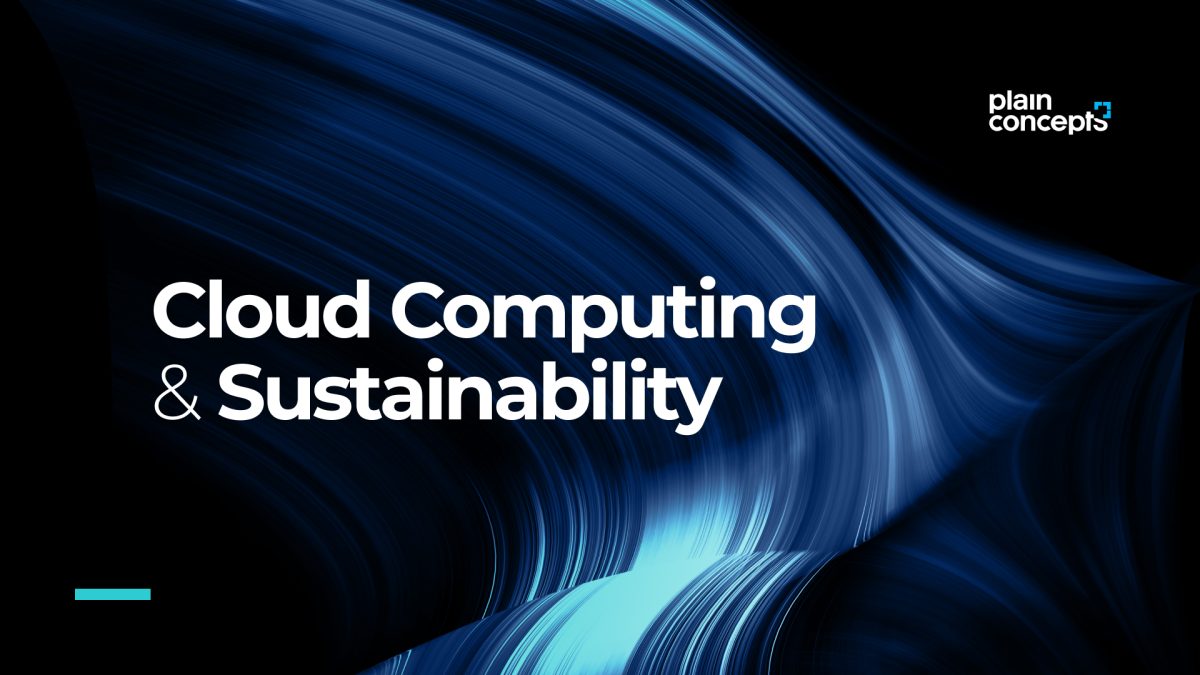
Environmental concerns and sustainability have become major drivers of innovation for companies worldwide. With a growing awareness of the impact of their actions, businesses are adopting initiatives to reduce carbon dioxide emissions and implementing corporate social responsibility (CSR) policies and sustainability commitments.
Over the past decade, the number of global internet users has doubled, and by 2022, global internet traffic is expected to increase by 4.2 zettabytes per year. The migration to the cloud has become a foundation for exponential digitization. However, the cloud environment faces a significant challenge in scaling computing capacity and providing a more eco-friendly model that reduces carbon emissions.
Is Cloud Computing Good for the Environment?
Cloud computing is transforming business models, with an increasing number of companies joining the cloud infrastructure. Aside from cost savings, unlimited storage, flexibility, improved security, and competitiveness, cloud computing offers an additional benefit: sustainability.
Recent reports suggest that information and communication technologies (ICTs) contribute to around 2% of daily CO2 and greenhouse gas emissions. However, the use of ICTs, including cloud computing, has become a fundamental tool for reducing emissions generated by these technologies.
Cloud computing has positioned itself as one of the most sustainable and efficient ICTs, saving over 59 million tons of CO2 and more than 200 billion euros in annual savings for companies. By leveraging shared computing resources, cloud computing reduces energy consumption and emissions caused by traditional methods of servers and local platforms. It also enables remote and centralized management of centers and offices, irrespective of their geographical locations. Additionally, data centers are becoming more efficient, allowing for advanced energy-saving policies and reducing the environmental impact.
Cloud Computing and Sustainability: Real-Life Examples
The advantages of cloud computing extend beyond cost savings and energy efficiency. Large companies can reduce their carbon footprint per user by up to 30%, while small companies can achieve up to a 90% reduction.
To promote a more sustainable future, businesses should prioritize a cloud-oriented approach. This approach enables companies to discover new sources of innovation, foster circularity, and develop sustainable products and services. Several platforms already exist to facilitate this transition. Here are a couple of examples:
Microsoft Cloud for Sustainability
Microsoft Cloud for Sustainability offers organizations access to a complete, integrated, and automated set of knowledge to accelerate the journey towards a more sustainable model. By measuring carbon emissions and offering tools for reduction, this specialized cloud solution transforms businesses, accelerates progress, and assesses environmental impact and footprint.
Microsoft Emissions Impact Dashboard
The Microsoft Emissions Impact Dashboard provides users with a detailed view of the impact of their technology infrastructures. Users can assess potential emissions reductions through the use of cloud services in Azure. The platform enables precise analysis of deployed cloud services, optimizing their use for maximum emissions reductions. It also allows for the calculation of Scope 3 emissions, which are indirect and challenging to measure, as they occur throughout the product value chain.
Cloud Computing and Security
In the realm of sustainability, cloud computing has numerous applications. For instance, a shipping company implemented an eco-friendly ticketing management solution. This cloud-based platform utilizes an optical system to increase security and ensure real-time passenger identity control. By eliminating the need for physical contact and paper boarding passes, the solution simplifies processes and enhances sustainability efforts.
Cloud computing, alongside other sustainable technologies like blockchain and digitization, is paving the way for sustainable business development. It offers efficient and viable alternatives to reduce waste, neutralize carbon footprints, and improve processes. To stay updated on sustainable technologies for companies, subscribe to our newsletter at News Explorer Today.